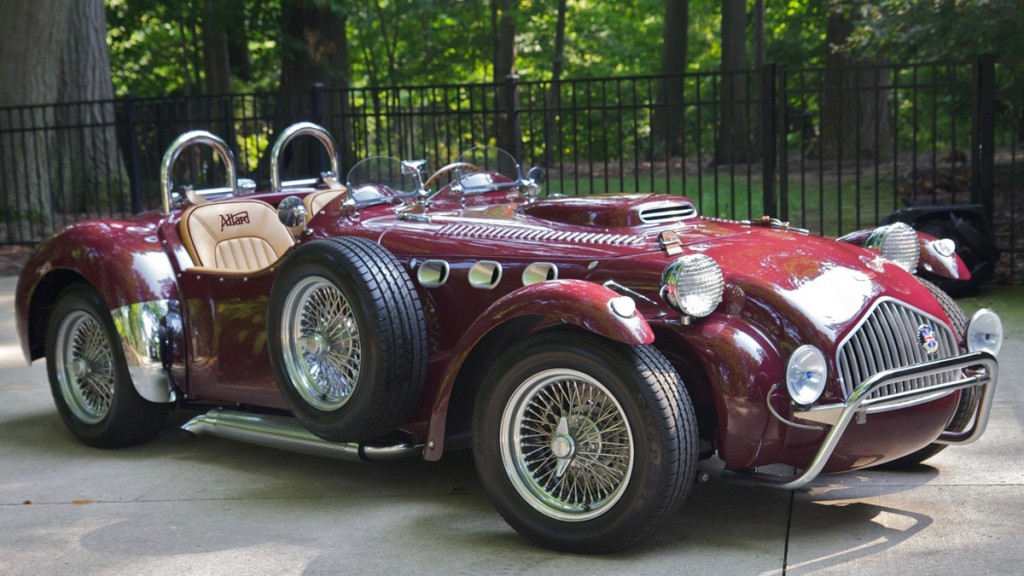The National Highway Traffic Safety Administration (NHTSA) has finalized regulations for the Low Volume Motor Vehicle Manufacturers Act, providing a clear regulatory path to build, sell, and buy replica cars.
This has been a long time coming. The act was passed in 2015 as part of Fixing America’s Surface Transportation (FAST) Act signed by President Barack Obama, but its implementation was stalled pending the completion of the NHTSA regulations.
The law creates separate regulations for low-volume manufacturers of replica cars. Previously, these vehicles would need to meet the same regulations as mass-produced cars. To get around this, small manufacturers would often sell replicas in kit form, with engines sold separately. Consumers will still have the option to buy and build kit cars, but they will now also be able to buy turnkey replicas directly from a manufacturer.

Allard J2X MkIII
Under the new rules, manufacturers can construct up to 325 qualifying replica cars per year. These replicas must resemble production vehicles manufactured at least 25 years ago, and must meet current model year emissions standards.
In 2019, the Environmental Protection Agency (EPA) issued guidelines for installing powertrains from other EPA-certified vehicles to meet emissions standards, while the California Air Resources Board (CARB) has issued a regulation for producing emissions-compliant powertrains, noted SEMA in a press release. The aftermarket trade group was one of the strongest proponents of the new law.
Low-volume replica manufacturers must also register with the NHTSA, EPA, and CARB, a process that could take “several months” according to SEMA. Once these manufacturers start building cars under the new rules, they will also have to submit annual reports to regulators on vehicle production.